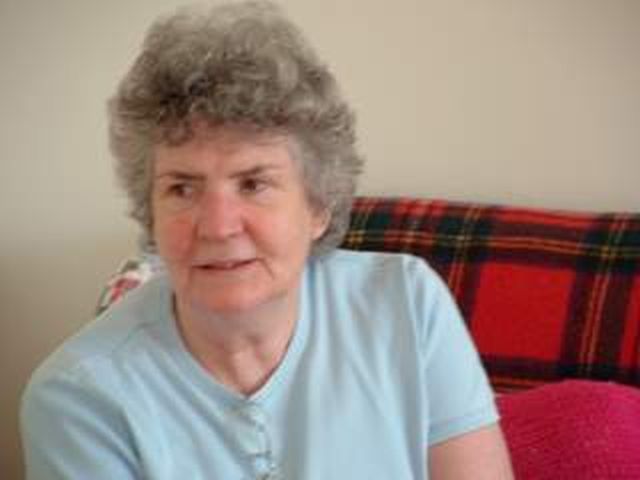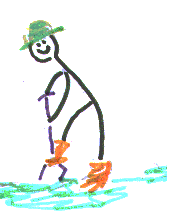|
The Times Educational Supplement wrote...This is Gwen Grant's most challenging novel to date, about a young girl's growing awareness of herself and those around her. ".. .written with great integrity... has much to offer..." .
Adult commentators are often heard protesting that politics has no place in children's literature. Of course, it all depends what you mean by politics, and what most would-be censors are eager to banish is not politics at all, but political attitudes they happen to dislike. The stuff itself is everywhere, even in the least controversial story. This is the conclusion painfully reached by 16 year old Violette, the protagonist of Gwen Grant's novel, THE REVOLUTIONARY'S DAUGHTER. 'It seemed as if every single thing was political. The leaves on the trees, the moon in the sky, the functions of the body, all, political. 'The immediate background of this novel seems calculated to arouse the wrath of politics-hunters. It takes place during the 1984 Miners' Strike, and Violette, who does not belong to a mining family, is caught up in it when her mother leaves the family home to assert her independence And join a women's support group for the miners. There is not much doubt where the author's sympathies lie, and some unsavoury police tactics do indeed come in for sharp treatment. But it would be quite wrong to see this as a doctrinaire and partisan novel which can be written off as left-wing propaganda.
On the contrary, Violette's experience causes her to question the assertion by her boy-friend Alan, a Union man, that 'a revolutionary creates great and violent change for the common good.'. Her painful discovery is that one's notion of the 'good', whether in politics or in family life, is made up of relativities. There are finally no black-and-white answers in Grant's complex psychological novel. It is written with great integrity and has much to offer intelligent teenagers.
|

